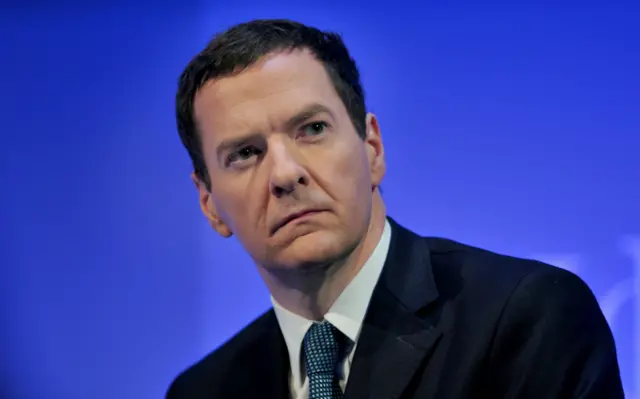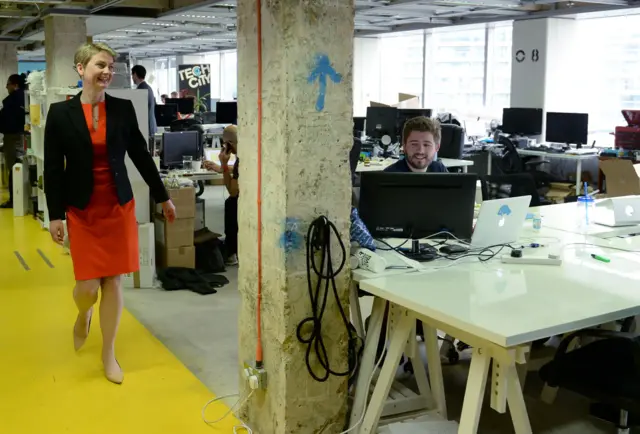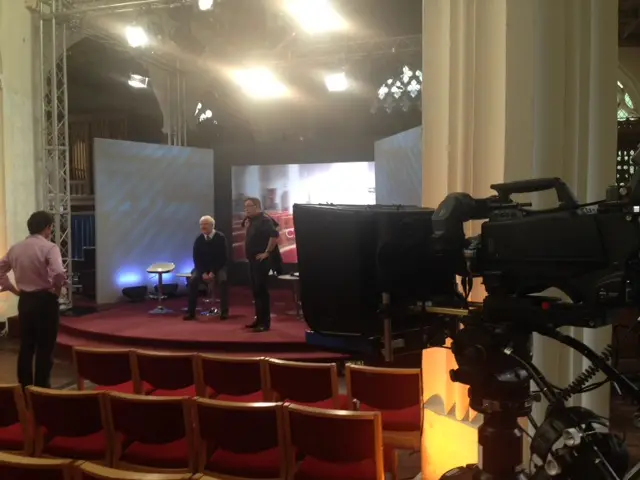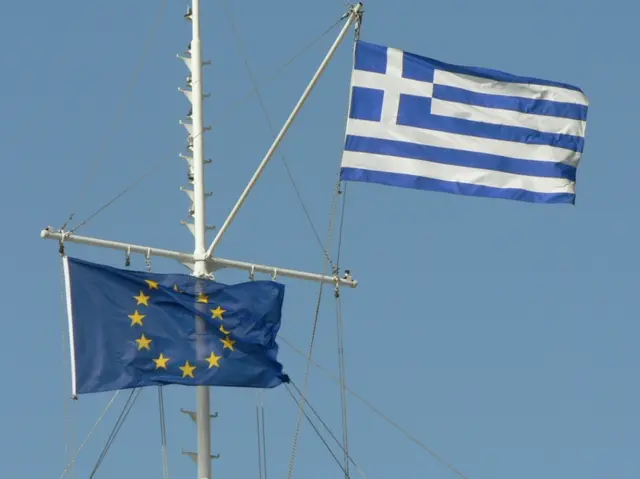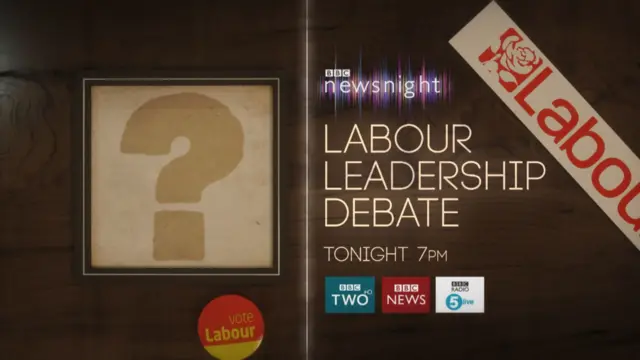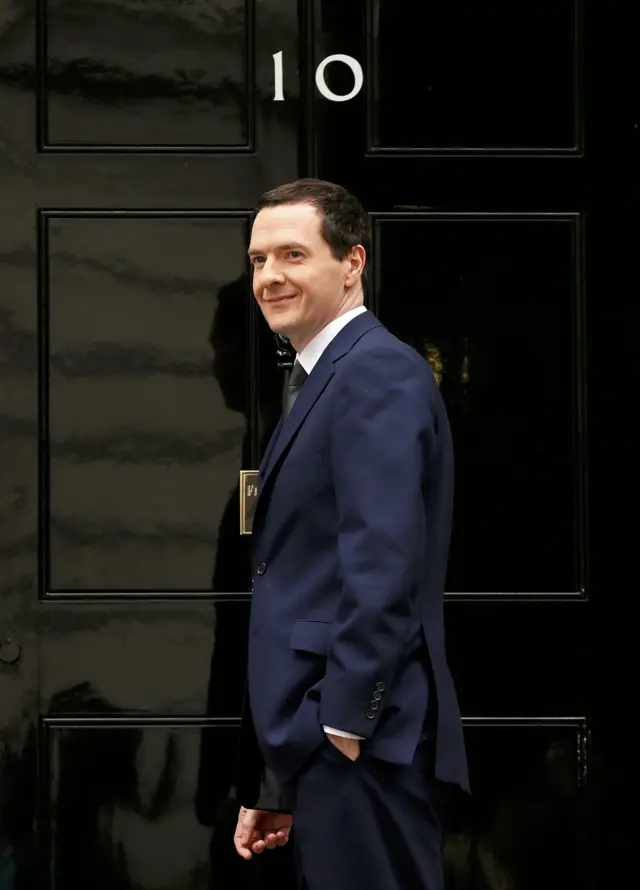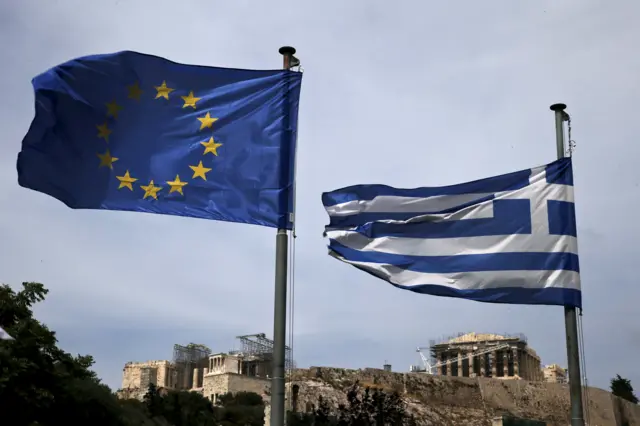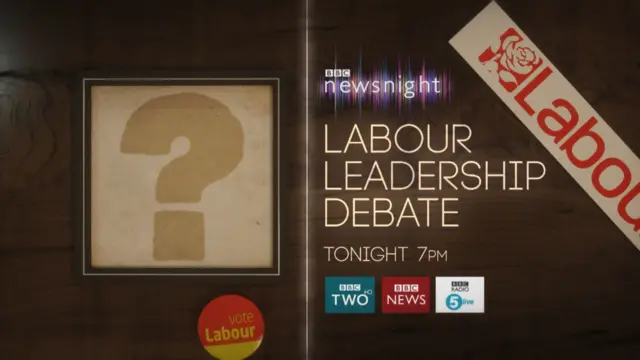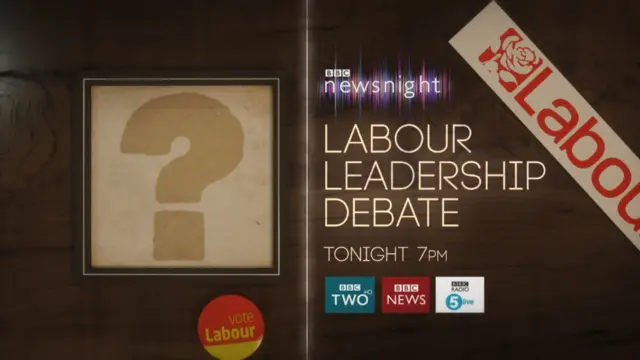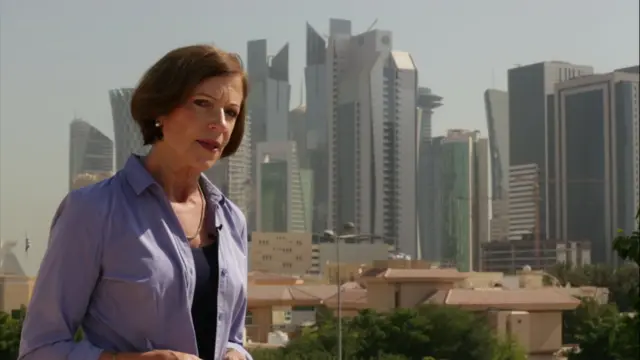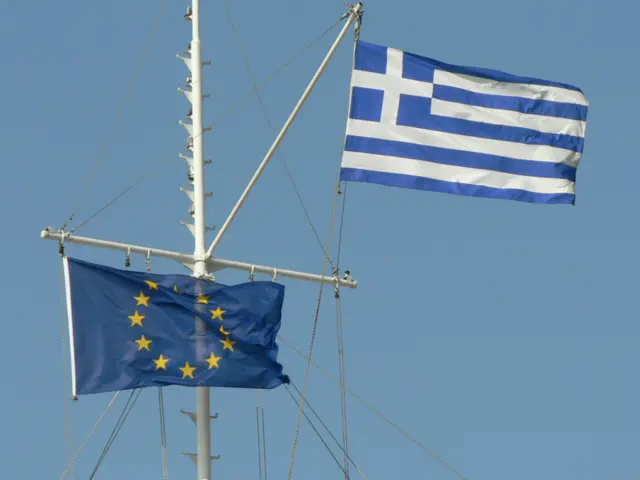Leader profiles: Jeremy Corbynpublished at 17:05 BST 17 June 2015
Does the PLP REALLY want a "proper debate"?
 Ed Brown
Ed Brown
Newsnight producer
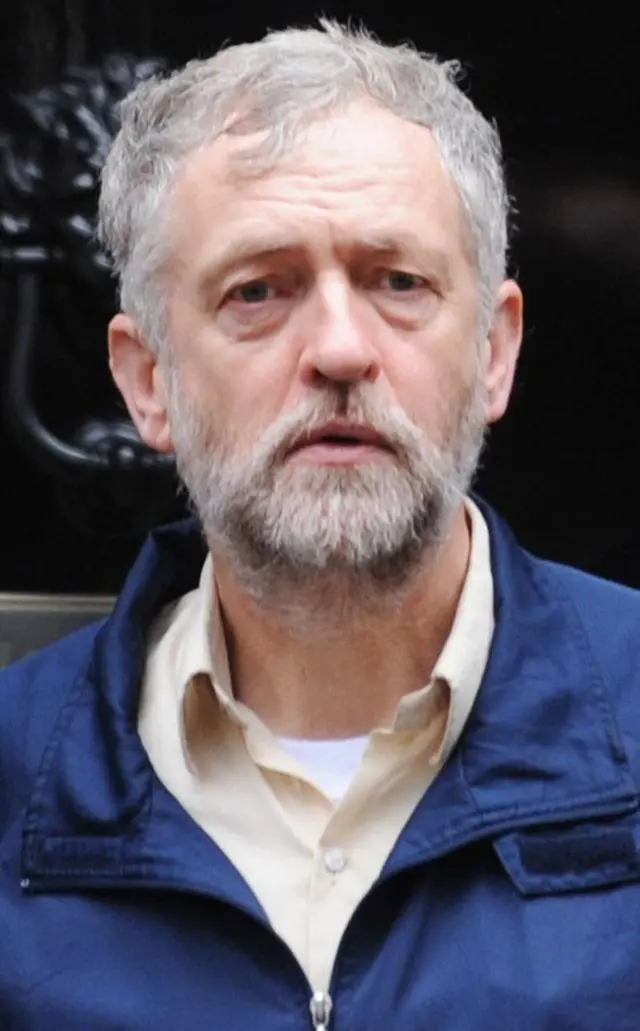 Image source, PA
Image source, PAJeremy Corbyn
Jeremy Corbyn's success in getting over the nominations line was heralded by many in Labour as a victory for the party "having a proper debate" over its future. It's my general observation that leadership and deputy leadership candidates tend to start using language like "having a proper debate" when they've realised that they're trying to dodge the question they've actually been asked.
But there is an irony here - whilst Jeremy Corbyn has been the apotheosis of the "need to have a proper debate" meme, he is, as far as I can see, the candidate least likely to dodge a question. Why?
Because Jeremy Corbyn is, as has been well covered, an unapologetic member of Labour's left. He wants to ditch austerity, is a big fan of the unions, get rid of Trident, and believes we should be trumpeting the benefits of migrants.
Everybody knows what Jeremy Corbyn thinks - including Jeremy himself.
The problem is, for years, being on the left in the Labour Party has been a guaranteed ticket to relative obscurity. The conventional wisdom since the 1980s has been that the votes simply aren't there to support a full blown, unabashed socialist Labour party.
The polls suggest the conventional wisdom is right.
But tonight Jeremy Corbyn has the chance to prove it wrong.
Let's suppose, on the off chance, that he goes down a storm in Nuneaton. That after 30 years of centrist(ish) politics, what middle England wants is a proper socialist. And that Corbyn ends up winning the leadership. It would be a vindication for the Labour left.
But one wonders how many of the Parliamentary Party would start regretting those worthy statements about "having a proper debate" that got him on the ballot paper in the first place.


